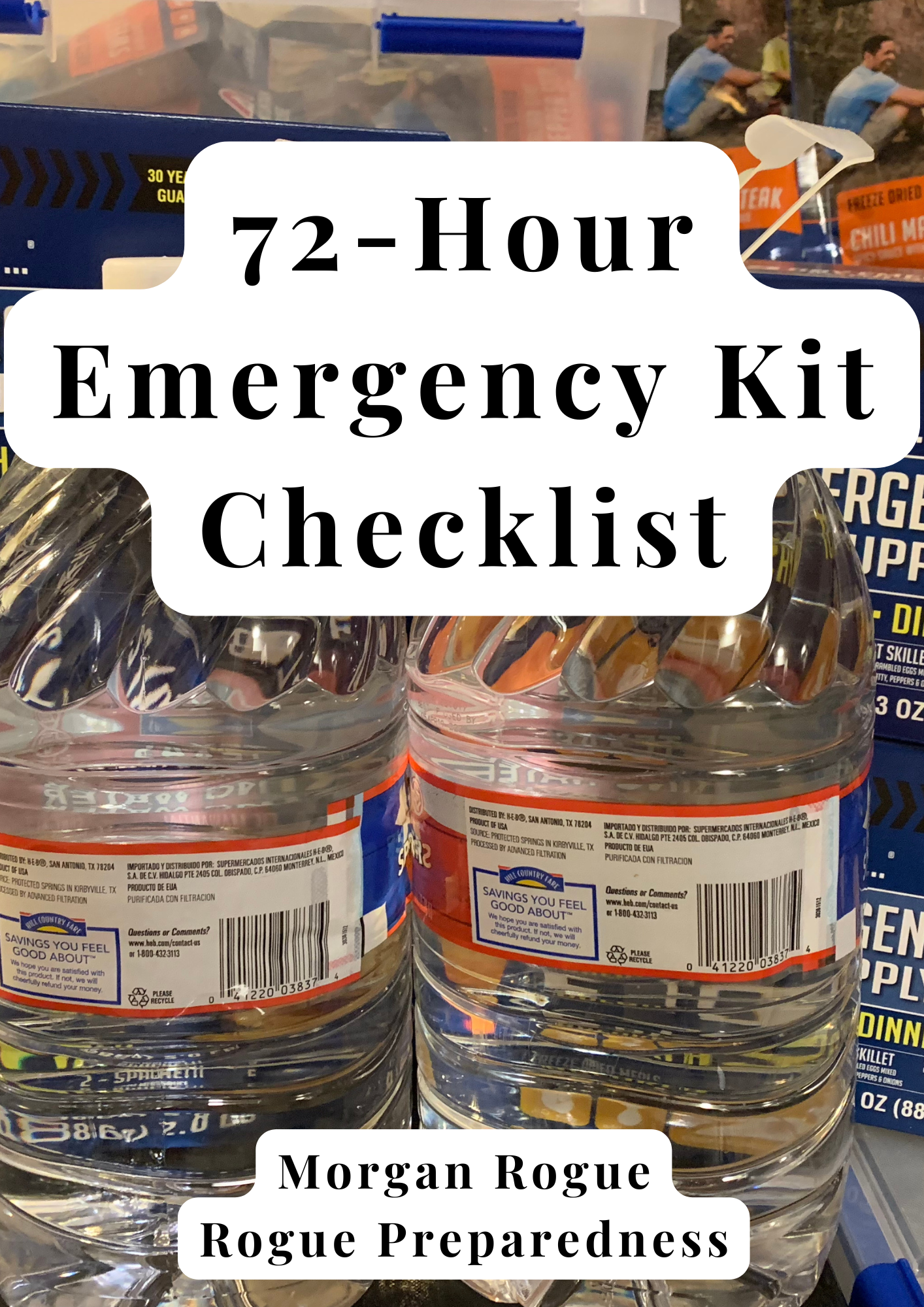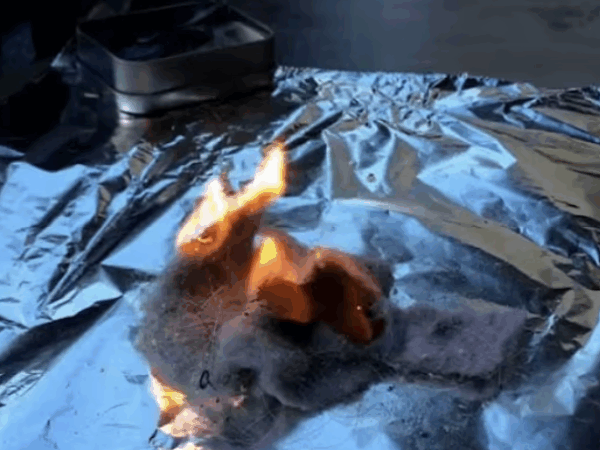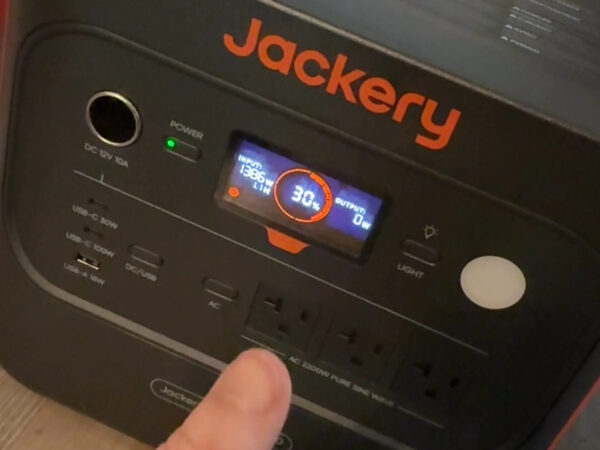When You Need a Digital ID to Buy Food: How to Be Prepared for a Controlled Future

Imagine walking into the grocery store and being told you can’t pay without scanning a government-issued digital ID.
No cash. No card. No access unless you’re in the system.
That might sound like a dystopian movie plot… but the truth is, versions of this are already being tested around the world. Governments and corporations are rolling out digital identification systems that connect to banking, healthcare, travel, and more. Convenience on the surface — control underneath.
So let’s talk about what this means for you… and how to prepare for a future where your freedom could depend on a digital pass.
What a Digital ID World Looks Like
When every part of your life is linked to one digital system, control becomes centralized.
Here’s what that could look like in practice:
- Your spending could be restricted based on “approved” purchases.
- Access to transportation, work, or even food could depend on compliance.
- Financial systems could tie directly into digital currencies and social scoring.
It’s not paranoia — it’s potential reality.

Why It’s Dangerous
When everything is digital and centralized, your independence can disappear with one denied login.
- No privacy: Every purchase, location, and activity can be tracked.
- No autonomy: Access could be revoked for “non-compliance.”
- No cash safety net: If the system fails (or you’re locked out), you’re stuck.
This isn’t about fear — it’s about being proactive before that kind of control becomes normal
How to Prepare for a Digital ID World
The good news: you can still protect yourself, your privacy, and your freedom — but it takes intentional action.

Diversify Your Assets
Keep a mix of financial options.
- Store some cash in small bills for emergencies.
- Hold tangible assets like silver, food, tools, or fuel.
- Learn how decentralized currencies work (crypto, if you’re comfortable).

Build Local Networks
Create and strengthen your local community.
- Get to know local farmers and small business owners.
- Form mutual aid groups for trading and skill-sharing.
- Support local barter systems and markets that work without big tech involvement.
Stay Offline-Capable
Have backups that don’t require electricity or the internet.
- Keep paper copies of financial records, medical info, IDs, how-tos, recipes and anything and everything, as well as photos.
- Print maps, contacts, and emergency plans.
- Use analog tools — flashlights, radios, paper planners — regularly.

Reduce Digital Dependency
This sounds easier said than done, especially with our connected world. Start practicing life without your smartphone for a few hours each week.
- Disable unnecessary apps.
- Use privacy browsers and encrypted messaging.
- Limit what personal info you share online.
Learn to Barter & Trade
Build up your ability to operate outside of money.
- Trade skills (gardening, repairs, childcare, cooking).
- Stock small barter items like hygiene products, lighters, or canned food.

Prioritize Self-Sufficiency
The less you rely on centralized systems, the less power they have over you.
- Grow your own food — even a few planters count.
- Store water and keep filters handy.
- Generate alternative power through solar, battery banks, or generators.
The Mindset Shift
Preparedness isn’t just about gear and food storage anymore. It’s about independence — protecting your ability to live freely without permission.
We can’t stop digital IDs from coming. But we can make sure we’re ready to live without relying on them. Every small action you take today — growing food, learning a skill, printing your documents — is a push in the right direction towards controlling what you can control.

Take Action: Digital ID Starter Checklist
Print this and start today:
Keep your power, water, and communications off-grid-ready
Keep 30 days of physical cash
Store important documents offline and on paper
Build a local barter or trade circle
Stock small barter goods (food, hygiene, batteries)
Reduce online accounts and apps
Learn one new hands-on skill each month
Use privacy tools and encrypted communication




















